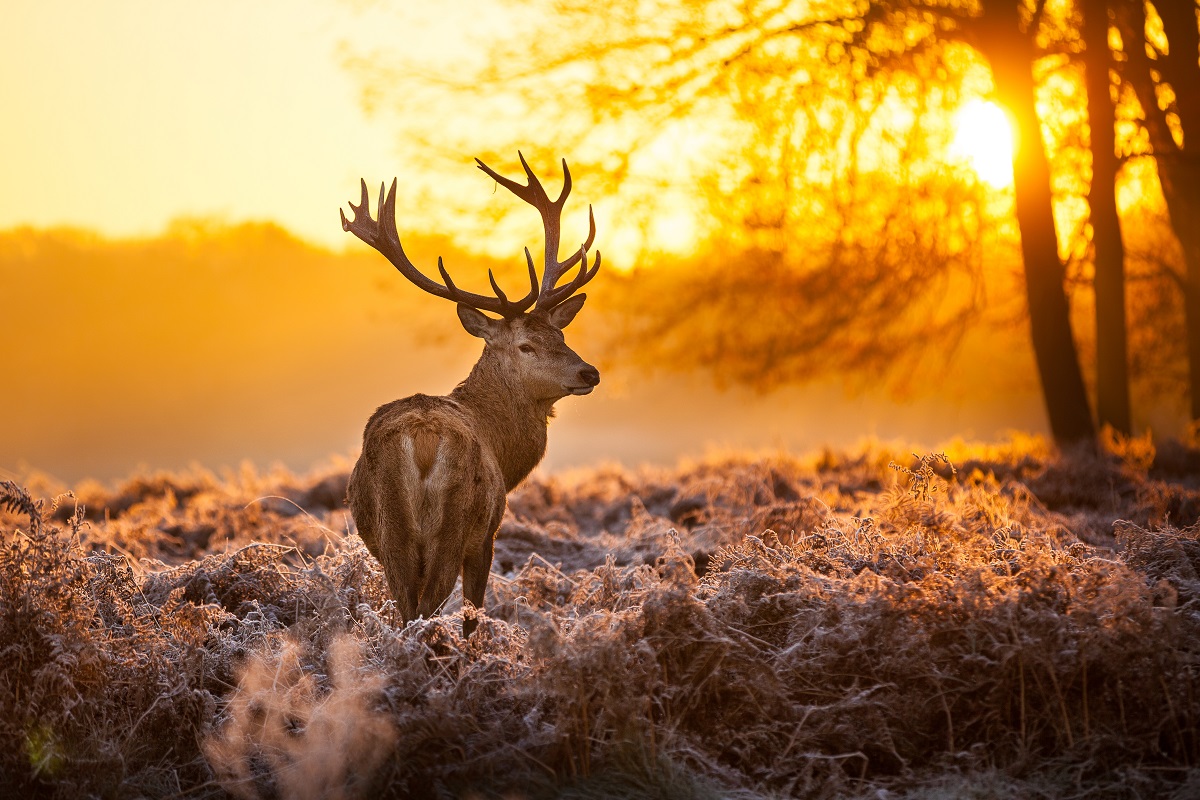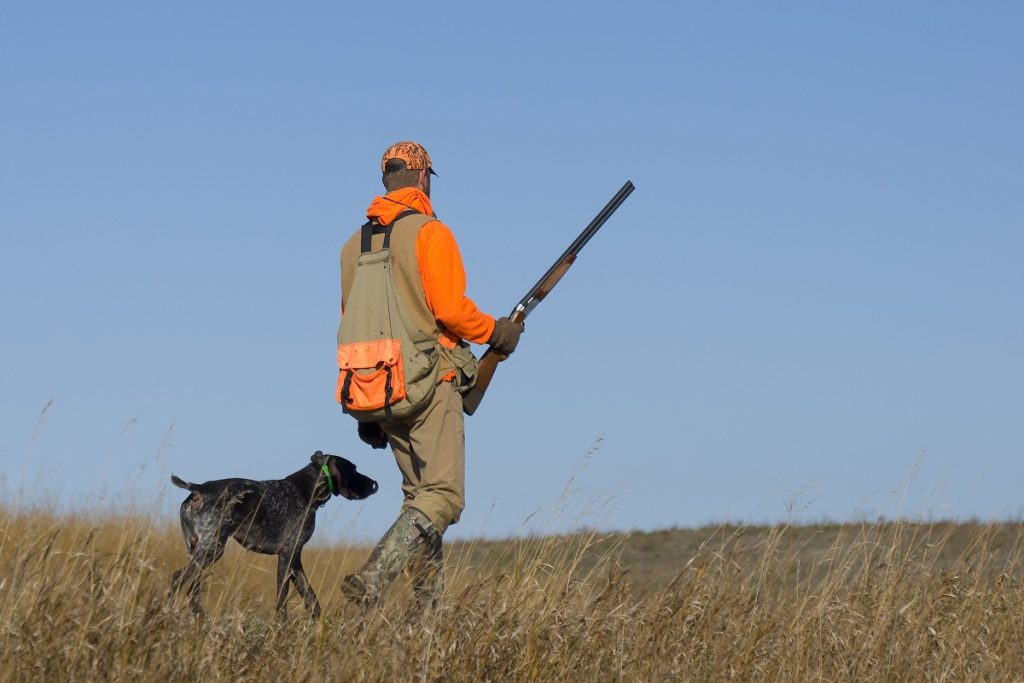- Knowledge of animal behavior and sharpening stealth tactics significantly increases your success rate in hunting.
- Improving your shooting skills, including accuracy and patience, is pivotal for an ethical and successful hunt.
- Familiarity with different weather conditions and terrains is crucial for tracking the game and ensuring safety during the hunt.
- Maintaining physical fitness is vital as hunting often involves strenuous activities, and physical endurance can contribute to the hunt’s success.
Enhancing your hunting skills might be your top priority as an angling enthusiast. Whether you’re a seasoned hunter or a novice exploring this thrilling hobby, several tips can significantly improve your hunting skills. Consider the terrain, weather conditions, the behavior of the game, and your stealth tactics; every small detail can make all the difference in the field.
Know Your Gear

Understanding and familiarizing yourself with your gear is paramount to successful hunting. High-quality equipment, such as high-quality hunting knives for sale, can significantly enhance your hunting experience. These hunting knives are not just tools for the hunt, but they serve many purposes including skinning the game, cutting ropes, and even preparing food at the campsite.
Of course, learning how to use and maintain them is crucial. For instance, a well-sharpened hunting knife is safer and more efficient than a dull one. Investing in high-quality gear and mastering its use can take your hunting skills to the next level.
Master Stealth Tactics
Mastering stealth tactics is a critical aspect of hunting, allowing you to get close to your prey undetected, increasing your success rate. Here are some tips:
Understand Animal Behavior

Animals have evolved to be highly sensitive to their environment, and understanding their behaviors can give hunters an edge. Prey animals, for example, have excellent hearing and are always alert for potential danger. They have patterns in their daily activities, often feeding at dawn and dusk when visibility is poor, making it harder for predators to spot them.
Familiarizing yourself with these patterns and behavioral nuances can help you effectively track and approach your prey. Knowing your chosen game’s preferred habitats, food sources, and migration patterns will also allow you to predict where they will likely be at any given time.
Lastly, studying the signs that animals leave behind, such as tracks, scat, and feeding signs, can provide valuable clues about their presence and direction. Remember, successful hunting isn’t merely about pursuit but understanding and respecting the animals you’re hunting.
Improve Your Shooting Skills
Sharpening your shooting skills is pivotal for a successful hunting experience. Start by understanding your firearm’s or bow’s mechanics, then practice regularly at a shooting range or designated practice area. Proper shooting involves more than just accuracy; it also entails the right positioning, breath control, and trigger discipline.
Never underestimate the value of patience in hunting; wait for the right moment to take your shot to ensure a clean and ethical kill. Training with moving targets can also mimic real-life hunting scenarios and significantly improve marksmanship. Remember, the goal is not just to hit the target, but to do so in the most humane manner possible. The more proficient you are with your weapon, the more confident and successful you will be on your hunting expeditions.
Weather and Terrain Knowledge
Understanding different terrains and weather conditions is essential for any successful hunter. Various weather conditions may affect animal behavior; for example, deer are more active during cooler temperatures and may become nocturnal in hot weather. Understanding such behaviors can help in planning your hunting strategies.
Similarly, terrains also influence the type and availability of the game. Dense forests, open plains, or rough mountainous regions each present unique challenges and opportunities for hunters. A sound understanding of topography can assist in tracking and stalking prey.
Furthermore, planning for weather changes is crucial – sudden rain or snow can significantly impact visibility and tracking ability. A good grasp of meteorology can prepare you for these changes and help you stay safe and efficient during your hunt. Therefore, never underestimate the role of weather and terrain knowledge in enhancing your hunting skills.
Scout the Area
Scouting the area before your hunt is a strategic move that can give you a significant advantage. Spend time exploring the hunting grounds, seeking out potential game trails, food sources, and watering holes. Look for signs of recent animal activity, such as tracks, droppings, or feeding marks.
This process can help you understand the movement patterns of the game you’re hunting, allowing you to anticipate their location and plan your approach. By familiarizing yourself with the terrain, you can also identify strategic locations for setting up your hunting blind or tree stand.
A well-placed setup can offer effective concealment and a clear line of sight, increasing your chances of a successful hunt. However, remember to respect the natural habitat, avoiding actions that might unnecessarily disturb the wildlife or ecosystem.
Stay Fit
Maintaining a good level of physical fitness is just as important to hunting as knowing your gear or understanding animal behavior. Hunting often involves long hours of walking, sometimes over rough terrains, and occasionally at high altitudes. It requires strength to set up camp, hunt game, or stay steady and aim your weapon.
Add to this the unpredictability of the weather, and it’s clear why being fit can make the difference between a successful hunt and a wasted trip. Regular cardiovascular exercises, strength training, and flexibility workouts can prepare your body for these physical demands.
In addition, staying fit also improves your mental endurance, helping you stay patient and focused during long hours of waiting. Therefore, incorporating a regular workout schedule into your routine is essential to preparing for a hunt.
In conclusion, becoming a successful hunter requires understanding gear, mastery of stealth tactics, physical fitness, and respect for nature. It’s an ongoing journey of learning and experiencing. So, grab your gear, head outdoors, and let the wilderness be your guide. Stay curious and keep honing your skills. The forests are waiting!




